By Jennifer Dorsett
Factory farm. It sounds so…mechanical. Cold. Unfeeling.
We see and hear the words “factory farm” everywhere on social media and in the news. Major brands paint “factory farms” as places that are uncaring and with little interaction between humans and animals.
But you know what I see?
Farms. And families.
I travel across the Lone Star State talking to these farmers and ranchers, seeing how they operate and how much they truly care about their families, livestock, land and the crops they grow.
These farms are owned by families. In fact, about 98 percent of farms are family farms, according to the U.S. Department of Agriculture.
What’s more, USDA data shows that 89 percent of farms are classified as small. Sure takes some of the air out of that ‘factory farm’ term, right?
Those farmers and ranchers are community leaders, the people you go to church with or see at school functions.
Yes, farms have changed over the years. In some cases, they’ve grown larger, and modern agriculture uses more technology. The big red barns many of us associate with farms have been replaced with modern barns of all colors, shapes and sizes.
But the values haven’t changed.
Farmers and ranchers share the same values as their parents, grandparents, great grandparents and great, great grandparents. They work with nutritionists and veterinarians to ensure animals are well cared for.
We’ve been led to believe big is bad when it comes to agriculture. There’s a lot of talk about big farms squeezing out small farms. Big farmers not caring about their land or livestock. But that’s not true. And big isn’t bad.
Those farms grow because more family members come back to the farm—the family business. They have to grow larger in size to generate income to support the increased family members playing a part.
They’re also growing more food with fewer inputs and less land than ever before.
They strive to be profitable—just like any business—in order to provide for their family and their employees.
The term “factory farm” is used to show lack of emotion and care. And that’s just not the case.
See for yourself. Click here to hear from farmers and ranchers—small or large and organic or conventional. businesses. Or meet many of the young farmers and ranchers expanding their businesses.
Family farms can be big. Small. Or medium-sized. There is room for them all. They work together to supply our food, resulting in quality and choice. For all of us.

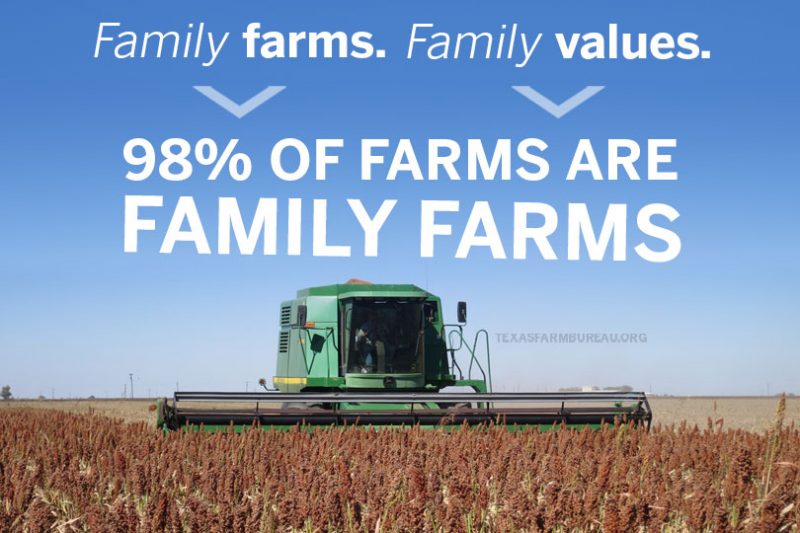
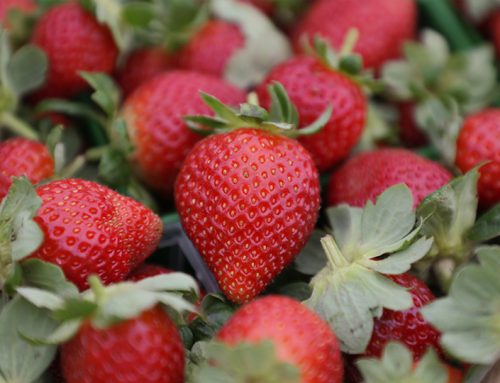
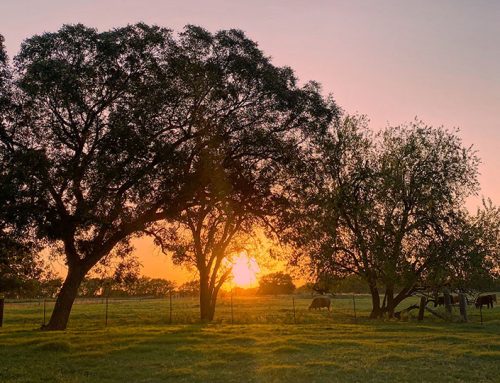
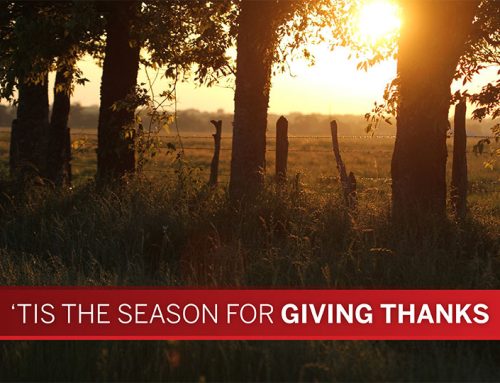
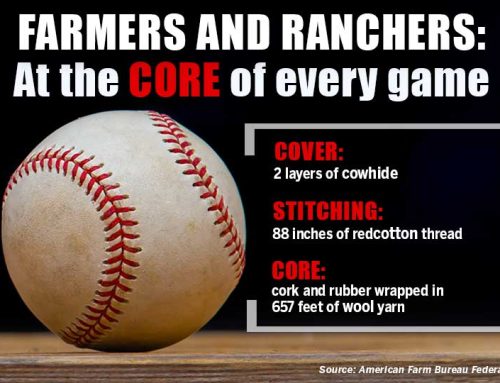
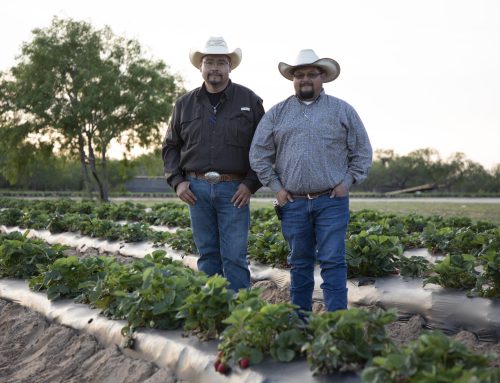




Leave A Comment